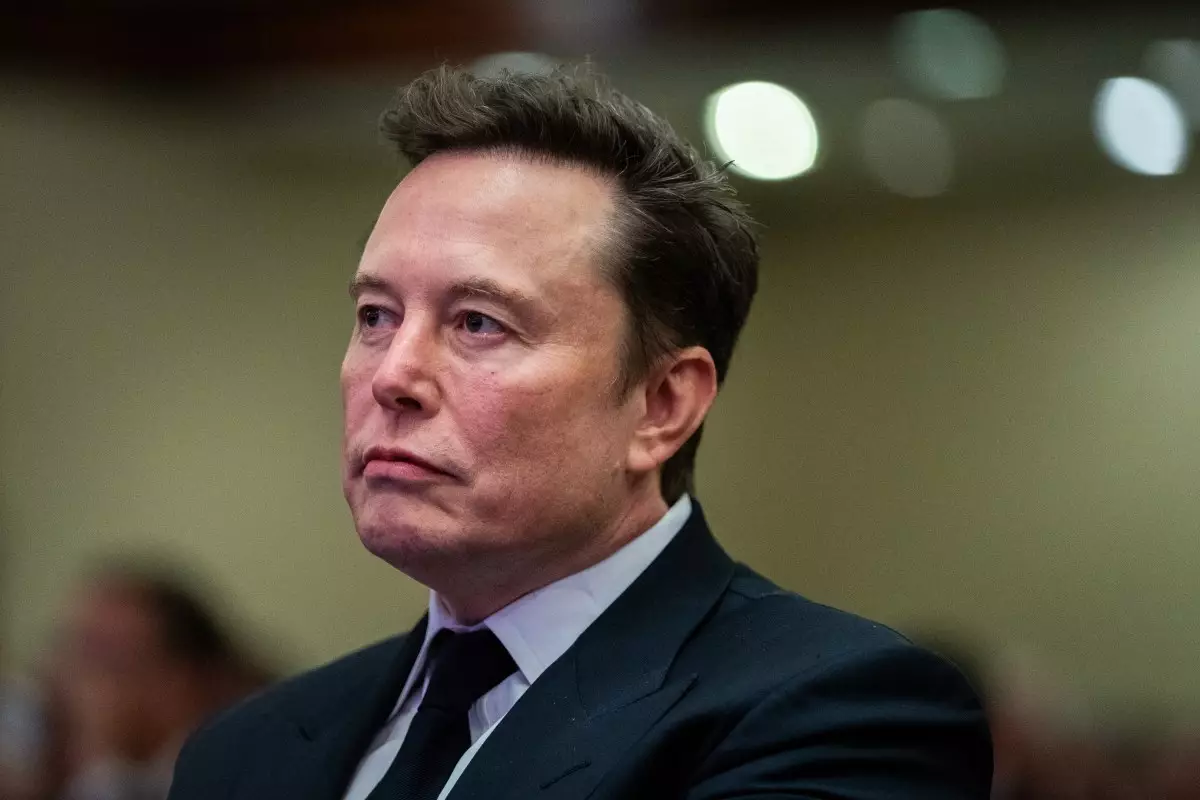In a bold and unprecedented legal move, Elon Musk, the billionaire entrepreneur known for his ventures in technology and space exploration, has filed for a preliminary injunction against OpenAI and several key figures associated with the organization, including CEO Sam Altman and Microsoft, which plays a critical role in funding and developing OpenAI’s technologies. This legal action, initiated in the U.S. District Court for the Northern District of California, is a significant development in the ongoing conflict over the direction and governance of artificial intelligence research and its ethical implications.
Musk’s legal representatives accuse OpenAI and its co-founders of engaging in anticompetitive practices that deviate from the organization’s original nonprofit mission. Among the more serious allegations is that OpenAI and involved parties are actively discouraging potential investors from backing Musk’s own AI initiative, xAI. This claim raises crucial questions about fair competition in the rapidly evolving AI landscape, particularly given the growing concerns surrounding monopolistic behavior among tech giants.
The filing challenges whether OpenAI’s shift to a for-profit model is justifiable, especially if it compromises the nonprofit nature that Musk and other co-founders once championed. Musk’s attorneys argue that by leveraging their influence and resources, the defendants are improperly steering capital away from alternative AI ventures that could foster healthy competition. The filing suggests that Musk’s company is suffering directly from the actions of OpenAI, alleging that investors have been coerced into avoiding backing Musk’s xAI under threat of losing access to OpenAI’s lucrative projects.
A pivotal element of Musk’s injunction request is the assertion that OpenAI has moved away from its foundational principles of transparency and altruism. Musk’s legal team contends that the current governance structure favors self-serving interests, pointing out specific instances of “self-dealing.” Notably, allegations include selecting Stripe as the payment processor—a decision purportedly influenced by Altman’s financial interests in the company.
Moreover, Musk’s lawsuit further highlights the supposed collusion between OpenAI and Microsoft, suggesting that both entities are sharing sensitive information in a manner that could diminish competition within the AI sector. With Microsoft’s substantial investment—estimated at around $13 billion—its role in OpenAI raises alarms regarding how the interests of a single corporate entity could tilt the balance of innovation in the AI landscape.
This latest lawsuit is emblematic of Musk’s longstanding frustrations with OpenAI. After co-founding the organization, Musk departed in 2018 due to disagreements over its mission, especially the shift towards more profit-driven objectives. His criticisms primarily revolve around the existential threats posed by uncontrolled AI development and the importance of maintaining ethical considerations in its advancement.
In previous lawsuits, Musk has claimed that he has been misled regarding his financial contributions to OpenAI, amounting to over $44 million. He contends that the organization has veered too far from its foundational goals of making AI advancements accessible and beneficial to all. The revival of his legal actions, now inclusive of additional defendants like Microsoft and key figures such as Reid Hoffman and Dee Templeton, signifies Musk’s determination to challenge what he perceives as an unethical conflation of technology development, profit, and governance.
At the core of Musk’s plea for an injunction is the broader concern that the trajectory of OpenAI may lead to negative repercussions for the field of artificial intelligence as a whole. If Musk’s injunction is granted, it may offer a momentary pause that could prevent OpenAI from engaging in practices that further diminish its original intentions as a nonprofit entity. Conversely, the notion that a ruling could influence how AI companies operate and govern themselves raises essential questions about transparency, ethics, and accountability in a space that already grapples with numerous ethical dilemmas.
Musk’s motion also expresses concern that failing to halt OpenAI’s ongoing actions could lead to “irreparable harm.” The claim posits that without intervention, the foundational mission of OpenAI could be lost entirely, plunging the organization into a realm where financial incentives overshadow the public good. As the court considers Musk’s request, the case serves as a critical reminder of the balance that must be struck between innovation, competition, and ethical governance in the rapidly evolving landscape of artificial intelligence.
The legal confrontation between Elon Musk, OpenAI, and Microsoft is reflective of broader tensions in the tech industry over the role of corporate interests in shaping the future of AI. As this case unfolds, it will be essential to monitor its impacts not only on the entities involved but also on the evolution of AI governance and ethical practices in technology.

